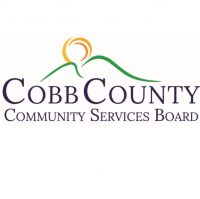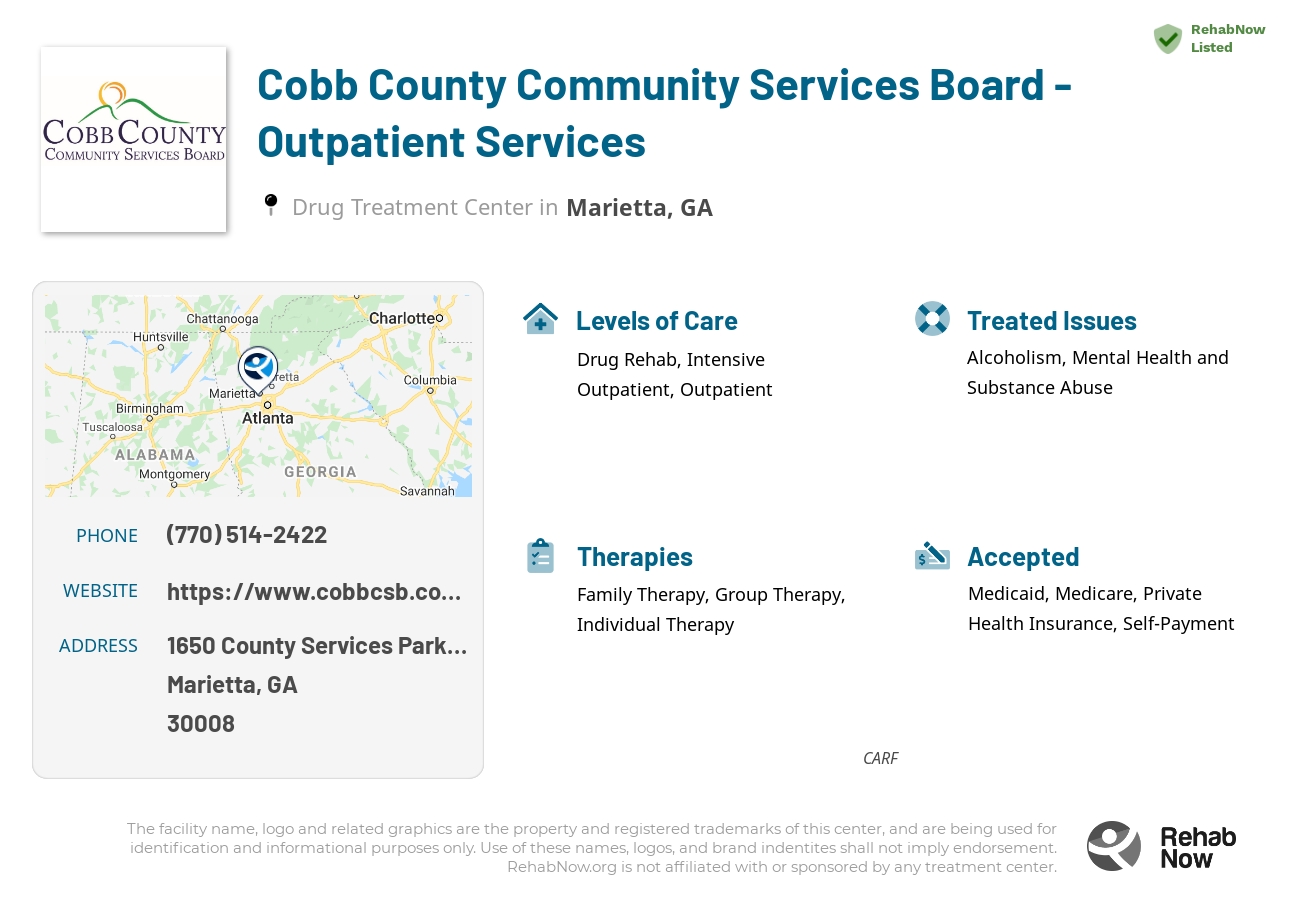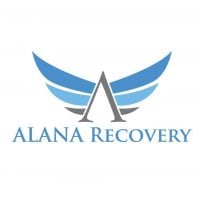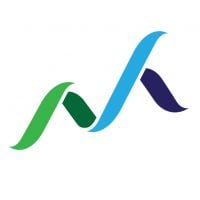
Cobb County Community Services Board - Outpatient Services
Drug Rehab Center in Marietta, Georgia
- Dual Diagnosis
- Drug Addiction
- Alcoholism
The rehab is accredited by CARF, accepts private health insurance, offers a range of levels of care, and meets a high standard of quality.
About Cobb County Community Services Board - Outpatient Services in Georgia
Located in Marietta, Georgia, Cobb County & Douglas County Community Services Board–Outpatient Services specializes in mental health care and addiction recovery for adolescents and adults. This unique center focuses on providing a path to sobriety through various outpatient programs, including specialized care for young adults and individuals with co-occurring addiction and mental health issues.
- Comprehensive Outpatient Levels of Care: From Intensive Outpatient Programs (IOP) to standard outpatient and aftercare services, tailored to meet each client's needs.
- Specialized Programs for Diverse Needs: Dedicated care for young adults and persons with co-occurring disorders, ensuring targeted support and recovery strategies.
- Holistic and Evidence-Based Treatment Methods: Incorporates individual, group, and family counseling, with the use of cognitive-behavioral therapy (CBT), dialectical behavior therapy (DBT), and holistic therapies.
Cobb County & Douglas County Community Services Board–Outpatient Services holds accreditation from CARF, underscoring its commitment to maintaining high standards of care. Accepting a variety of payment options including private insurance, Medicare, Medicaid, and self-pay, with sliding scale payment assistance available, they make treatment accessible to those in need.
The facility addresses a broad range of addictions and issues, offering tailored treatment plans that include drug rehab and effective methods such as CBT and DBT for individuals struggling with substance abuse and dual diagnosis. Affording multiple levels of care including intensive outpatient, outpatient, and aftercare services, they champion a personalized approach to recovery and reintegration into the community.
Genders
Ages
Modality
Additional
Accreditations

CARF
The Commission on Accreditation of Rehabilitation Facilities (CARF) is a non-profit organization that specifically accredits rehab organizations. Founded in 1966, CARF's, mission is to help service providers like rehab facilities maintain high standards of care.
Conditions and Issues Treated
Levels of Care Offered
This center offers a variety of custom treatment tailored to individual recovery. Currently available are Drug Rehab, Intensive Outpatient, Outpatient, Residential, with additional therapies available as listed below.
Intensive Outpatient Programs (IOPs) are a form of drug treatment that allows individuals to receive the therapy they need while remaining in their homes and community. IOPs allow for the flexibility to continue working and living at home while still meeting treatment demands.
Outpatient treatment programs are less intensive than an inpatient program. Participants live at home while working or going to school. Benefits include being able to continue relationships with family, friends, and work/studies. Treatment includes educating patient on addiction to drugs, medication, and counseling. Benefits include being able to continue relationships with family, friends, and work/studies. Treatment includes educating patient on addiction to drugs, medication, and counseling. Counseling sessions are for either individual or group.
Residential treatment programs are those that offer housing and meals in addition to substance abuse treatment. Rehab facilities that offer residential treatment allow patients to focus solely on recovery, in an environment totally separate from their lives. Some rehab centers specialize in short-term residential treatment (a few days to a week or two), while others solely provide treatment on a long-term basis (several weeks to months). Some offer both, and tailor treatment to the patient’s individual requirements.
Therapies & Programs
Individualized Treatment is essential because it gives addicts the ability to participate in a program that meets their unique needs. An addict should work with professionals who understand what they’re going through, especially if the addict is actively using.
Trying to find a treatment program that meets your needs can be challenging. It’s even more complicated if you don’t know what kind of treatment you need. Being able to have professionals who are experienced with treating your situation is key to getting sober. Finding the right treatment program for an addict is difficult, but it’s even harder without communicating with those who have experience treating your specific situation.
Family dysfunction can often be the underlying cause of substance abuse. To get sober, you need to find a different way to cope with the pain in your life. Family therapy can help you and your family deal with old issues that may trigger substance abuse. It will help everyone understand why each member of the family feels and acts the way they do. It can give everyone new tools to manage their emotions so that they don’t want to drink or do drugs.
A person looking for drug recovery should know that group therapy is an essential tool. Group therapy provides accountability and friendship to people with addiction. It is recommended as a lifetime treatment habit. Group therapy occurs in a group setting as opposed to a one-on-one setting. It benefits patients by providing a feeling of support and letting them know they are not alone. Patients at Cobb County Community Services Board - Outpatient Services also learn to build trust and understanding and gain perspective through discussions.
Life skills training is beneficial for addicts in recovery because it helps them learn how to take care of themselves and improve their quality of life, which can promote feelings of purpose and motivation.
This type of treatment works by teaching individuals life-enhancing skills that support positive living, including:
- Healthy lifestyle habits
- Skills to effectively manage stress
- Effective communication skills to help them get their needs met without turning to drugs or alcohol
- Money management and budgeting skills so they can continue to take care of themselves after treatment ends.
Payment Options Accepted
For specific insurance or payment methods please contact us.
Is your insurance accepted?
Ask an expert, call (888) 674-0062
Additional Details
Specifics, location, and helpful extra information.
Marietta, Georgia 30008 Phone Number(770) 514-2422 Meta DetailsUpdated April 15, 2024
Staff Verified
Cobb County Community Services Board - Outpatient Services Patient Reviews
There are no reviews yet. Be the first one to write one.
Marietta, Georgia Addiction Information
Prescription opioid use has caused a large increase in the total amount of overdoses in Georgia. Almost 12% of the Georgia population uses illicit drugs each year, and slightly over 3.5% also abuses alcohol at the same time. This does not include those who binge-drink at least once a month, which includes 20% of all Georgians.
The drug addiction problem in Marietta, GA, is relatively inadequate. Approximately 9% of Marietta abuse drugs. 4,000 deaths per year are attributed to drug overdoses. Overdose rates for opioids increased by more than 500% between 1999 and 2016. Some of the most common rehab facilities include inpatient rehabs, outpatient rehabs, and 12-step programs. Each option has its pros and cons that should be considered when searching for the best treatment.
Treatment in Nearby Cities
- Alpharetta, GA (20.0 mi.)
- East Point, GA (18.1 mi.)
- Lyons, GA (176.5 mi.)
- Elberton, GA (99.3 mi.)
- Sparta, GA (102.5 mi.)
Centers near Cobb County Community Services Board - Outpatient Services



The facility name, logo and brand are the property and registered trademarks of Cobb County Community Services Board - Outpatient Services, and are being used for identification and informational purposes only. Use of these names, logos and brands shall not imply endorsement. RehabNow.org is not affiliated with or sponsored by Cobb County Community Services Board - Outpatient Services.






